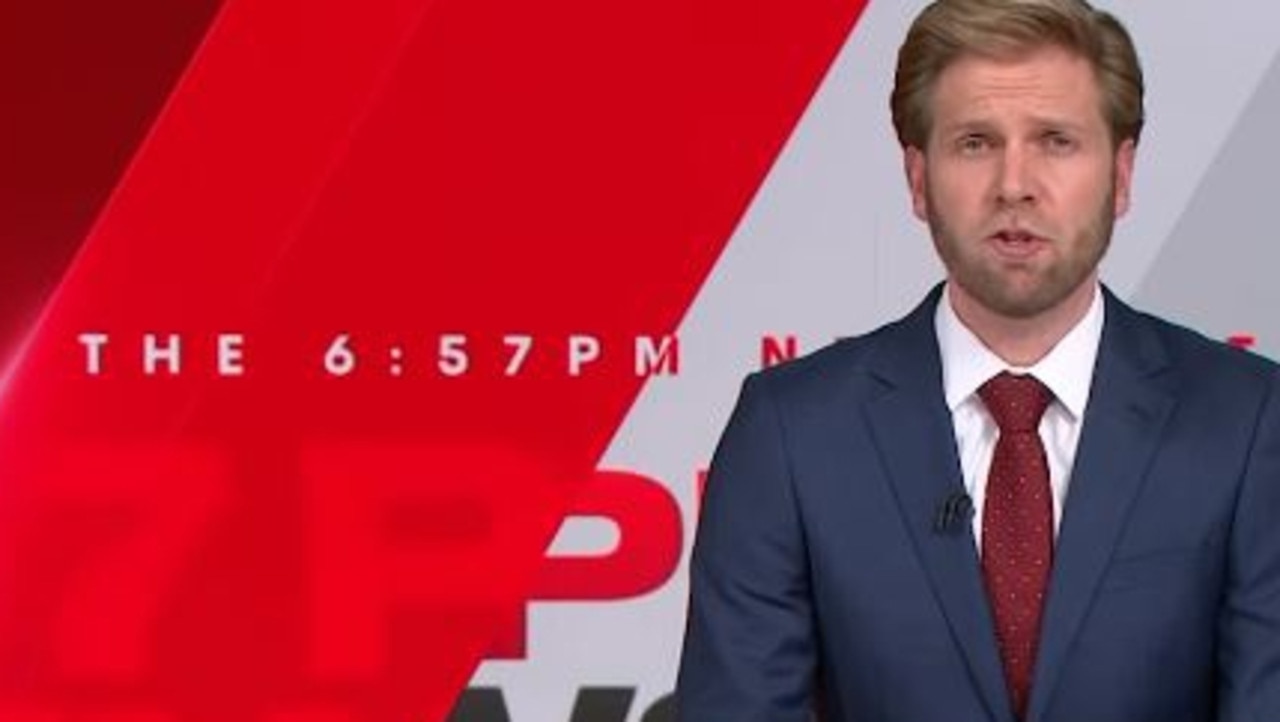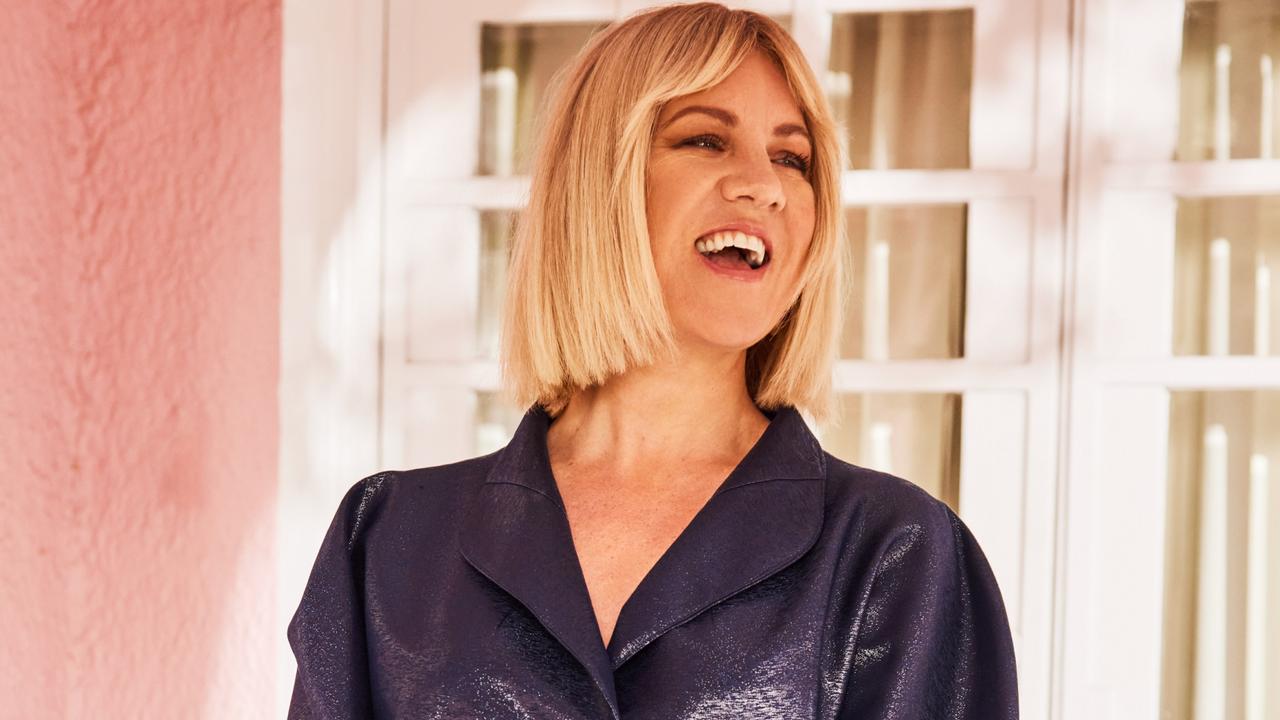Royal bridesmaid Amber Petty on how Princess Mary’s wedding impacted her
Sixteen years ago the world looked on as Tasmanian-born Mary Donaldson married a Danish Prince in a fairytale wedding. Now for the first time, her bridesmaid Amber Petty reveals the mental health struggles and adversity she has experienced in the years since.
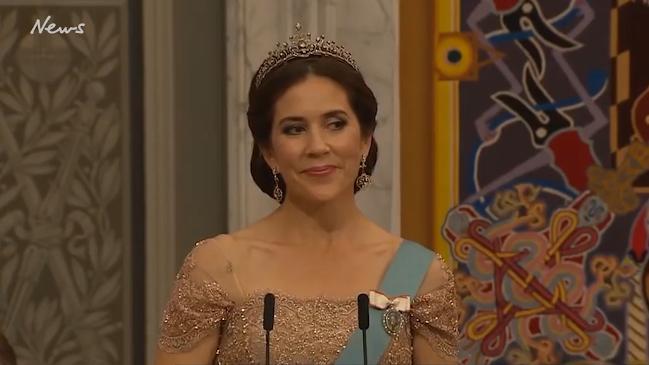
Stellar
Don't miss out on the headlines from Stellar. Followed categories will be added to My News.
When Australian ad executive Mary Donaldson met and married Frederik, Crown Prince of Denmark, her best friend Amber Petty was also thrust headfirst into the national spotlight, given she had a front-row seat to the romantic fairytale that captured Australia’s imagination.
Many assumed Petty was living her best life, too. The reality was anything but.
In a disarmingly honest new memoir, Petty has documented why, as she covers off her struggles with mental health, anxiety, relationships and betrayal. This Is Not A Love Song is a raw, and at times quite funny, account of what Petty encountered in the eye of the media whirlwind, and is a testament to the time-worn adage that, indeed, life is often a whole lot stranger than fiction.
In an expansive and thoughtful sit-down with Stellar, Petty talks openly about the complexities of having a princess as a best friend, the intense emotions she still carries for her late father, the abusive relationship from which she eventually walked away and the hopes she carries for her future.
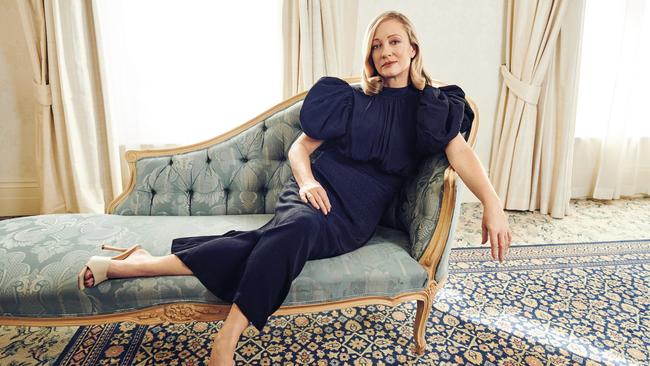
While you are so much more than just “a royal bridesmaid”, the truth remains that it was your relationship with your best friend Mary Donaldson – a commoner who, in 2000, just happened to meet, fall in love with and, four years later, marry Frederik, Crown Prince of Denmark – that would bring you the double-edged sword of media attention.
Yes, and I really see that as one of the reasons why I ended up – begrudgingly at first – deciding to put this part of my life into my book. Because I feel like it was part of the divine plan that I find myself in a love story that was so amplified and under the media spotlight that it in turn amplified the theme of love for me in my own life.
When you met Mary, in 1994, you were working together at a marketing agency in Melbourne. Do you ever shake your head in disbelief at how each of your lives have played out since?
For a long time, one of my coping mechanisms with the surreal side of where that friendship went was simply to just anchor it down to the basic human elements of what it was, and is, which is actually just a story of two people falling in love and choosing to do life together. But it’s also a story of enduring friendship.
Now I’m more comfortable with myself and I care a lot less about others’ opinions. So yes, at times I do think, “Bloody hell, life sure can take some unimaginable turns!”
Australia can acknowledge the impact Mary’s fateful night at the Slip Inn during Sydney’s 2000 Olympics has had on her life, but few would have considered the impact it has had on yours.
You cover this off with grace in the book: grieving the “loss” of your friend and recognising your relationship would never be quite the same. What does your friendship with Mary look like today?
It looks like love, to be honest. It looks like two humans who have cared about each other for a very long time. It looks like two women who have evolved and aged, both living in different worlds, but still in that common space of what brought us together in that beautiful inception of how it all began.
And really, that’s got nothing to do with anything but finding a true soulmate kind of friend.
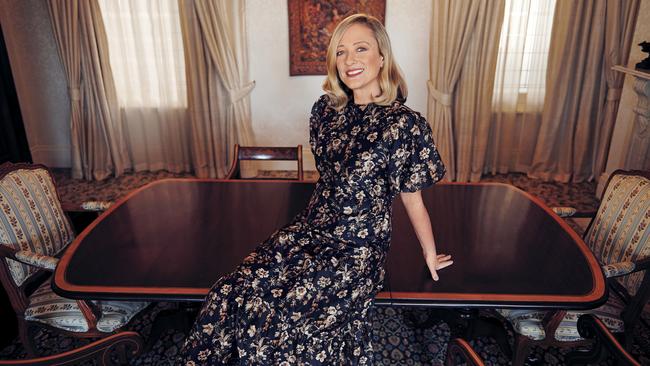
How difficult has it been for you and Mary to maintain closeness – particularly with COVID putting a stop to travel, but also amid royal protocol and the general roadblocks that life tends to put in people’s way?
We are still, and always will be, very close. Distance has always been hard, and not knowing when you’ll see and hug the people you love again is perhaps harder than ever. But I’ve learnt that we just need to be patient and grateful that we are still alive and healthy, and future memories are still there to be had.
It’s about focusing on what you still have, not what is currently on hold.
‘This Is Not A Love Song’ is your first book and it covers a gamut of emotions: entertaining, amusing, brutally honest and, at times, harrowing.
An important message in the book is your acknowledgment of the importance of looking after one’s mental health. But how would you describe the book?
It is a memoir in traditional terms, but to be honest, I see it as a non-traditional kind of self-help book in a way. I’ve tried to tell my story from the perspective of being in the present headspace of a girl or woman who’s lost a sense of who they are.
Where the programming of what I felt about the world, myself and especially around love, began compounding to a very toxic place. I take the reader on the journey of sliding into what becomes a fork in the road, where for the sake of my survival I had two choices: put myself under investigation to turn things around or check out.
I’m so grateful to say that I had enough light and fight left in me that I refused to choose the latter.
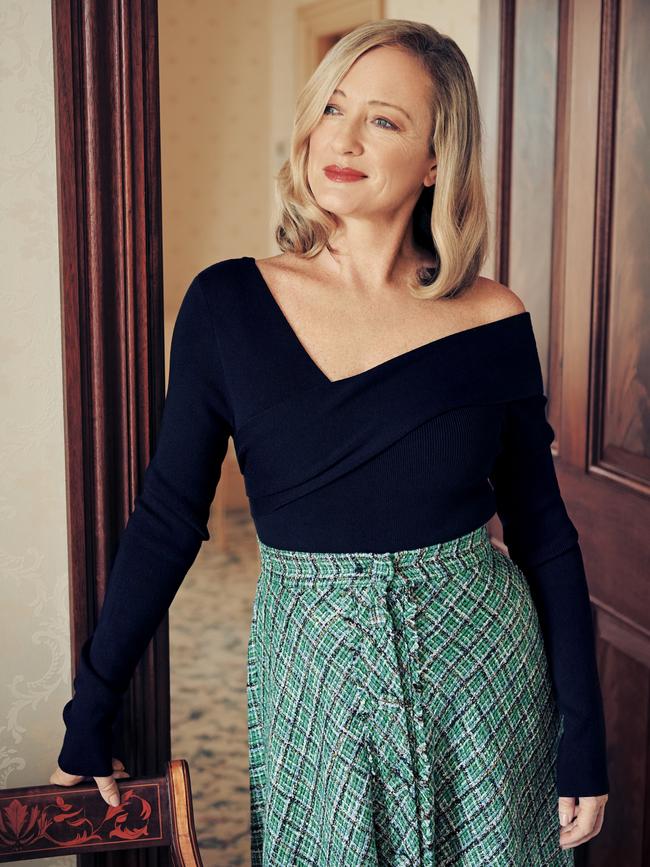
Your father is very much the central character throughout the book – from the beginning, with the themes around abandonment and jealousy, through to your relationship issues and ultimately his death, and the accompanying feelings of loss and grief.
Was writing the book cathartic for you?
My father and our relationship – adoring him to the extent that I did – really had a profound effect on who I am and how I formed beliefs around love and what I expected to get from it in terms of romantic relationships. I do believe our childhood holds most of the keys to our belief systems as adults.
And certainly, for me, that’s been around self-love and what strategies I built early on to protect myself. Eventually, those beliefs needed refreshing and updating because my thoughts and fears started to attract everything I didn’t want in life.
My dad taught me so much about love, because it was just so immense, and with his death came a difficult but ultimately full-circle completion to those learnings. He was, and always will be, one of the greatest loves and teachers of my life.
The chapter (as extracted by Stellar here) allowing readers a behind-the-scenes glimpse on the day of Mary’s wedding is beautiful. You really take the reader there and yet you still don’t give away too much. It’s a dance you have done for a long time.
You’ve stayed incredibly loyal to Mary and her life, never really divulging too much information about her. Has she read the book?
I have tried to honour the reader by sharing some insights, real moments that I love, while also being mindful to honour the private us, and the private her. And yes, she has read the book. I wouldn’t want to say on record how she feels, but I will say she understands the purpose of the book and all relevant details to the overarching theme, which is of dissecting your life and joining the dots of where and why we arrive at who we are.
At the end of the day, we are both invested in doing our own bit to further the awareness of mental health. And to help others, and ourselves, with that.
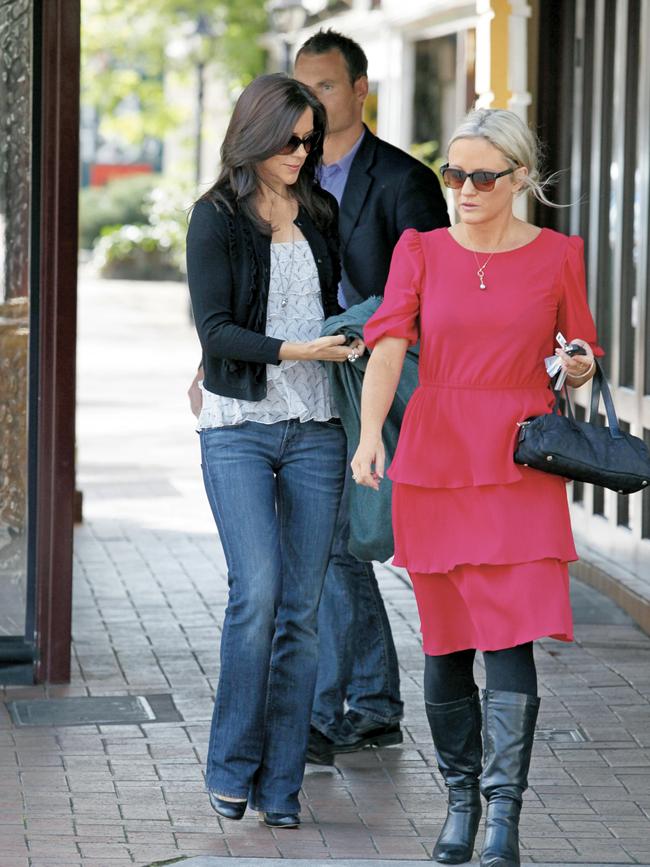
The chapters involving “Travis” (the pseudonym she uses for her abusive ex-partner) are quite confronting. Was it difficult for you to write?
Yes, very. I really pushed myself to do a time-travel back into the environment and my emotional state. Because I want people to understand how someone is feeling in an abusive relationship, but also the important questions we must ask: how I attracted this person, why did I let it go on, how was I brainwashed and emotionally preyed upon, and also the period where you go into shock after being attacked both physically and/or emotionally.
This is the key area where people start to make judgements on the victim. I think my sadness when reading it still now, from where I am today, is looking back at that girl I was back then. I still grieve for her and what she went through.
And I don’t know if that will ever go away. It’s the same with the chapters about losing Dad. I still have a lot of grief there, too.
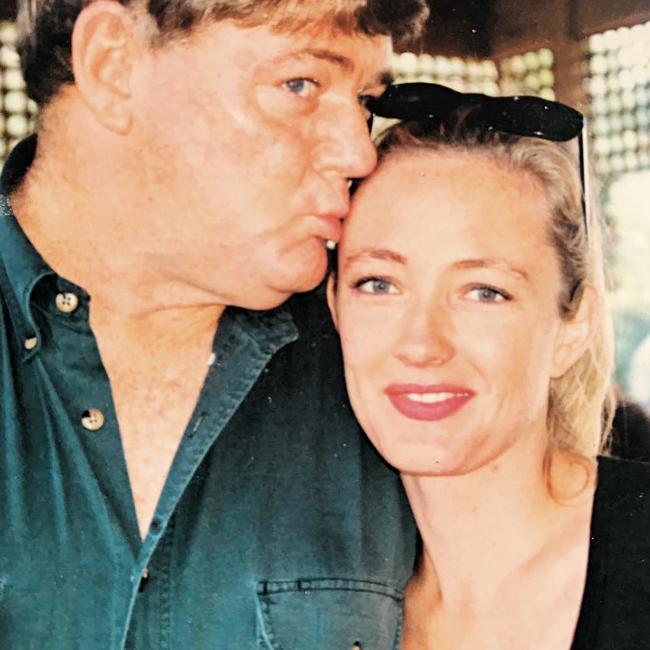
Admitting you’ve been the victim of domestic abuse will be empowering for a lot of women – thinking you “had it all” yet not knowing that a very different story was unravelling behind the scenes.
What was the most important lesson you learnt about yourself following that period in your life?
Never judge a book by its cover. I really learnt that when you are in a bad place mentally and spiritually, you attract people of a similar vibration. And while they might be malicious and predatory and you’re not, in a sick way they are also an energetic match.
When you have deep ingrained fears and low self-worth built over a long period of time, everything you don’t want starts to show up. It’s the law of attraction. So I learnt that I had to change my vibration by understanding and healing these beliefs and energetic wounds.
Moving to Adelaide for your breakfast-radio debut was initially a dream come true. But you have documented it as anything but. Do you think your co-hosts will be shocked or surprised to read your actual account of that time?
Yes and no. They certainly didn’t know how much I was struggling or what was playing out in my personal life. You know, they had different lives, personalities and viewpoints to mine. They taught me lessons, and I value them for that.
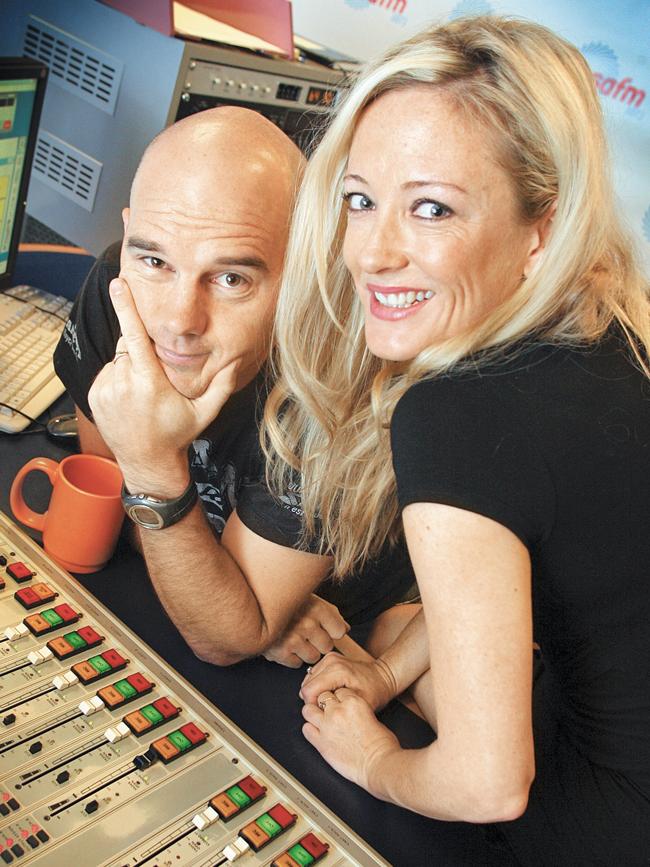
In the book, you talk about your discomfort with the pressures in radio to laugh at people like Britney Spears, who at the time was clearly going through mental issues and a breakdown.
That behaviour is, of course, being re-litigated today thanks to documentaries like ‘Framing Britney Spears’ and a more robust discussion around how she was treated in her heyday.
One of the basics of my radio job was to read the celebrity news. In the early days I kept tripping over my words when I’d deliver a lot of these stories. Britney, who was going through her very dark time back then, was a story that I was supposed to share and make light of, but I couldn’t do it, and I realised it was because I had a conscience.
I couldn’t bring myself to laugh at what I could clearly see was a person lost, having a mental breakdown and who was surrounded by predators. And knowing that I was having my own mental struggles… how could I make light of that when all I wanted to do was hug her and scream, “This isn’t funny, you f*ckwits!”?
What’s the next chapter for you?
Well, first up I’m really hoping this book leads me toward more opportunities to give my perspective on mental health and learning self-love. I also have two more books under construction. One thing I have certainly realised after COVID is to value what is unfolding in the present.
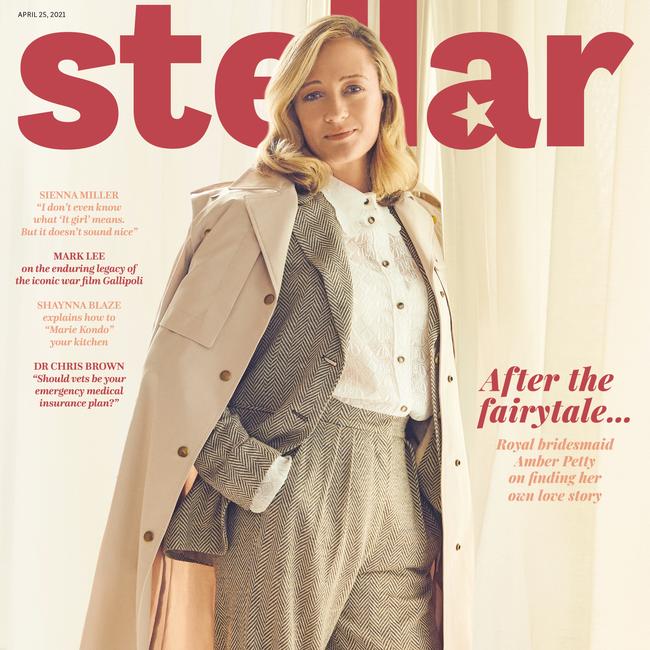
I feel particularly blessed with all that I have, so I don’t want to miss the gifts of here and now, the simple joys and the people (and animals) who are still here. Because I know one day they won’t be. Regret is a very hard thing to shake. We all owe it to ourselves to not have that hovering over our hearts.
Are you open to finding love again?
I’m open to finding love. I’m currently single. I have healthy, high standards these days. I’m not someone who “needs” to be with someone. Of course, if the right person came along – kind, smart, funny, high EQ, not a serial killer – that would be lovely to explore.
This Is Not A Love Song by Amber Petty is available as an e-book ($14.99) or in paperback ($29.99) from Booktopia, all good bookstores and from amberpetty.com.au. Read an extract from her book here.
Amber Petty is the guest in an all-new episode of Something To Talk About with Samantha Armytage available from today. Follow or subscribe wherever you listen to your podcasts.
More Coverage
Originally published as Royal bridesmaid Amber Petty on how Princess Mary’s wedding impacted her



